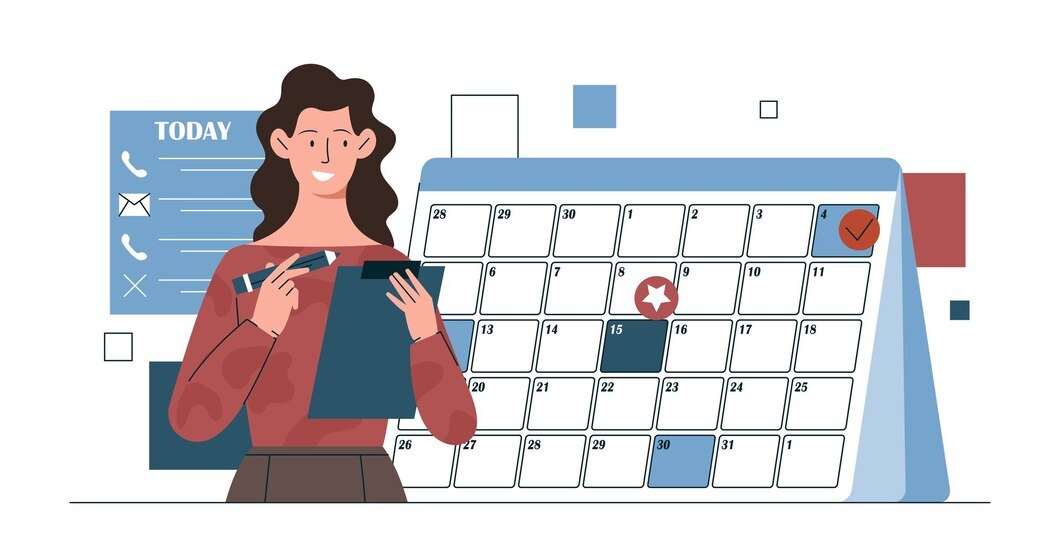Top 10 Effective Appointment Setter Tips for Success
Appointment setter tips play an essential role in the sales process, acting as the first point of contact between a business and a potential client. Success in this position requires a combination of strong communication skills, organization, and persistence. Here are ten crucial tips for becoming an effective appointment setter that can help you build meaningful client relationships and set more appointments.
Know Your Target Audience: Appointment Setter Tips
Understanding who you’re reaching out to is the first step in successful appointment setting. Research your target audience thoroughly, from their pain points to their industry trends. This knowledge will allow you to customize your approach and establish rapport more effectively. The more you know about your prospect, the easier it will be to tailor your pitch and make it relevant.
- Pro Tip: Use LinkedIn or industry-specific databases to gather relevant information about prospects before making contact.
2. Craft a Compelling Script
A well-crafted script can be your best friend in appointment setting. While you shouldn’t sound robotic, having a structure in place ensures you don’t miss critical information. Your script should include an introduction, a brief statement of purpose, and a value proposition.
- Pro Tip: Keep the script natural and conversational, allowing room for flexibility based on the conversation.
3. Focus on Building Relationships
Appointment setting isn’t just about selling a product; it’s about building relationships. When you approach a prospect, focus on creating value and establishing trust. Prospects are more likely to agree to an appointment if they feel that you are genuinely interested in helping them solve their problems.
- Pro Tip: Listen more than you talk. By focusing on the prospect’s needs, you build credibility.
4. Handle Objections Like a Pro
Objections are part of the game, but how you handle them can make or break your success. Be prepared for common objections like “I don’t have time” or “I’m not interested.” Instead of getting discouraged, see objections as opportunities to provide more clarity about how your service or product can benefit the prospect.
- Pro Tip: Practice active listening, acknowledge their concerns, and offer solutions or alternatives.
Utilize CRM Tools for Follow-Up: Appointment Setter Tips
Consistency is key in appointment setting. Not every call will result in an immediate appointment, and that’s okay. Follow-up is crucial for turning cold leads into warm opportunities. Using CRM tools like Salesforce or HubSpot allows you to keep track of your calls, emails, and follow-ups, ensuring you don’t miss any opportunities.
- Pro Tip: Set reminders for follow-ups and always send a confirmation email after scheduling an appointment.
6. Personalize Every Interaction: Appointment Setter Tips
While scripts are helpful, personalizing each interaction is what truly sets successful appointment setters apart. Tailoring your approach to the individual prospect’s business or personal pain points makes them feel valued and more open to a conversation.
- Pro Tip: Mention something specific about their company or industry to show that you’ve done your homework.
7. Improve Your Phone Etiquette
Good phone etiquette is essential for making a great first impression. This includes everything from how you introduce yourself to your tone of voice and the pace of your speech. Speak clearly, be polite, and stay upbeat. Remember, you’re representing your company, so professionalism is key.
- Pro Tip: Smile while you’re talking. It naturally makes your voice sound more friendly and engaging, even over the phone.
8. Time Your Calls Wisely
Timing can greatly influence whether your call will be answered or not. Appointment setters should be strategic in the timing of their outreach. Reaching out during the busiest times of the day, like early mornings or mid-afternoon, might not yield great results.
- Pro Tip: Based on industry, try calling during late mornings or early afternoons when prospects are more likely to be available.
9. Stay Persistent, Not Pushy
Persistence is a critical trait in appointment setting, but there’s a fine line between persistence and being pushy. Following up with prospects is necessary, but it should be done in a way that feels helpful rather than aggressive. Use multiple touchpoints (phone calls, emails, social media) and always provide value in your follow-ups.
- Pro Tip: Space out your follow-ups appropriately (e.g., weekly), ensuring each contact feels valuable and not forced.
10. Track and Measure Your Performance: Appointment Setter Tips
The most successful appointment setter tips are those who continuously improve. Track your performance, from the number of calls made to the number of appointments set, and analyze what’s working and what isn’t. Using metrics can help you identify patterns and areas for improvement.
- Pro Tip: Regularly review your key performance indicators (KPIs) and tweak your strategy based on data insights.
Conclusion
Appointment setter tips can be a challenging yet rewarding task when approached with the right techniques. By implementing these ten tips, you can improve your skills, increase your appointment-setting success, and play a vital role in your company’s sales process. Remember, the key to success lies in understanding your prospect, delivering value, and maintaining persistence without losing the human touch. Stay organized, refine your pitch, and always focus on building relationships.
Whether you’re new to appointment setting or looking to improve, these strategies will help you set more appointments, leading to better results for your team and ultimately contributing to your overall sales success.






